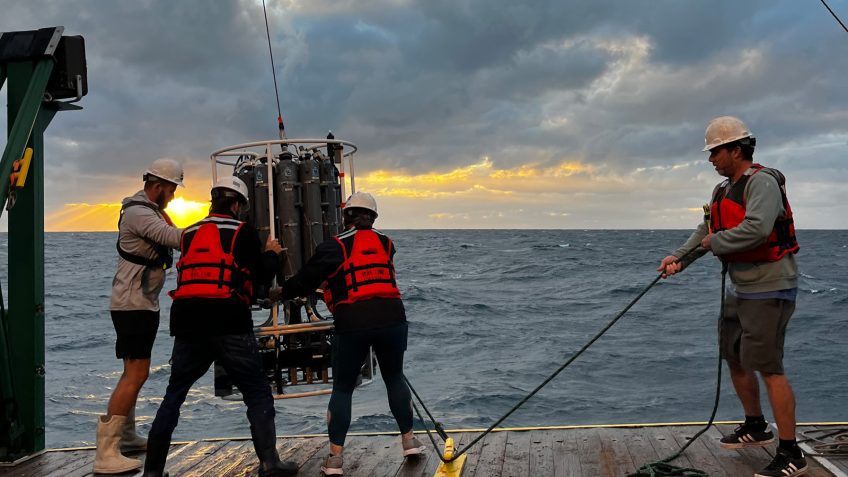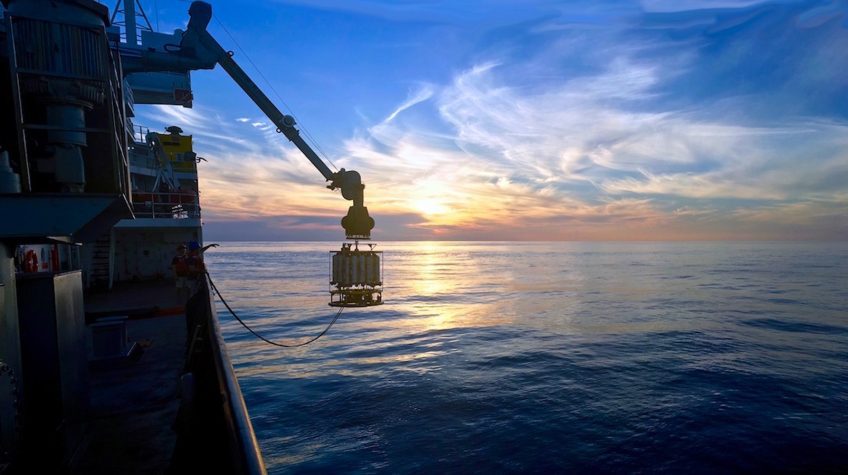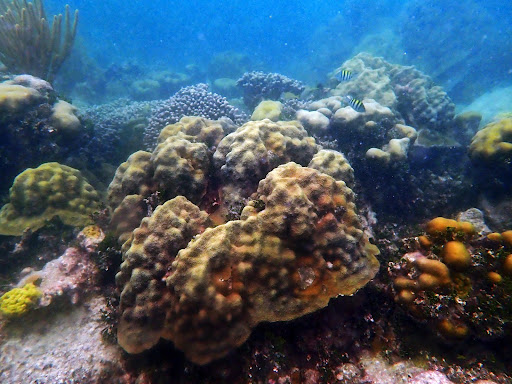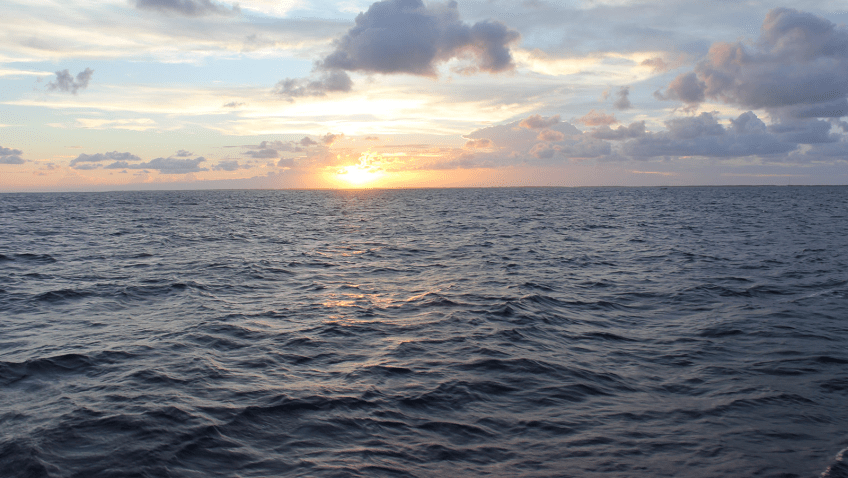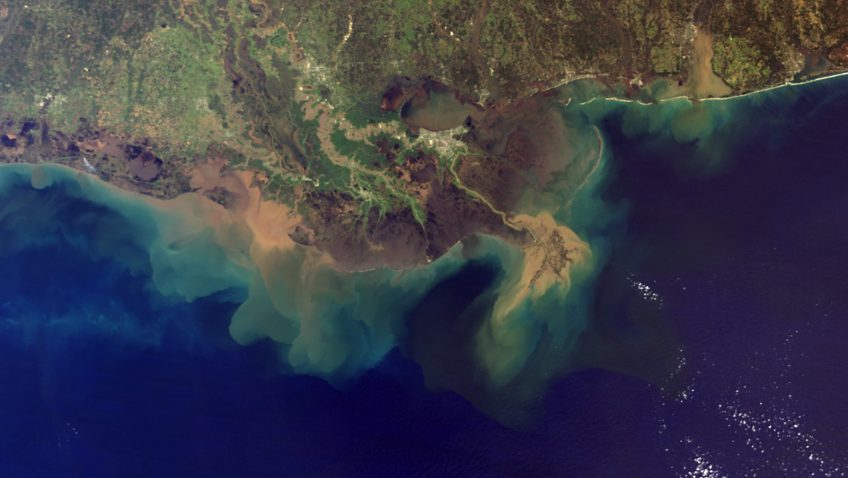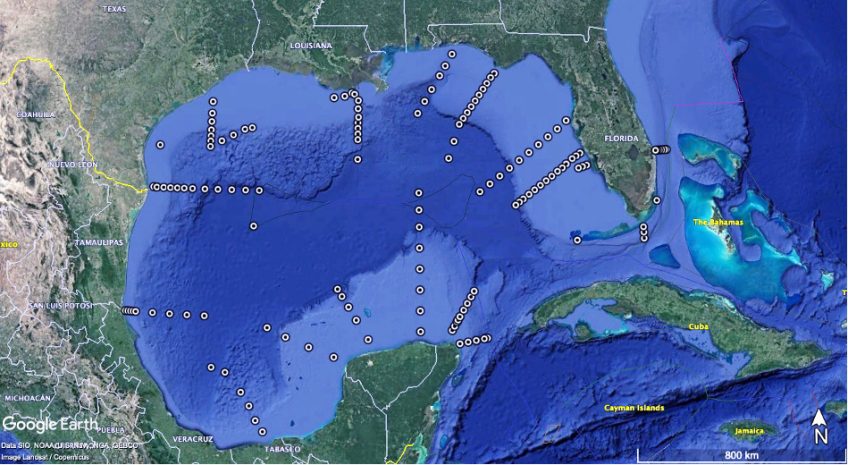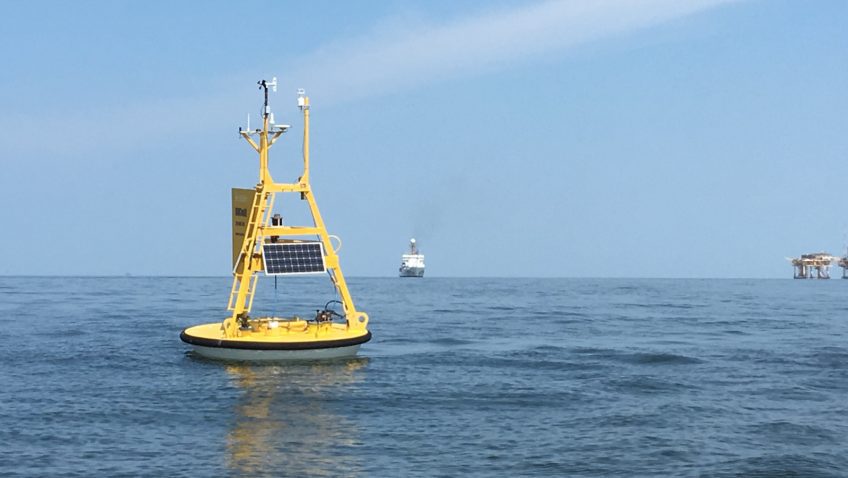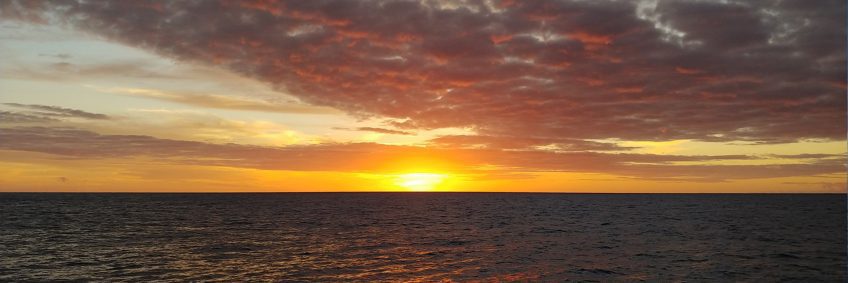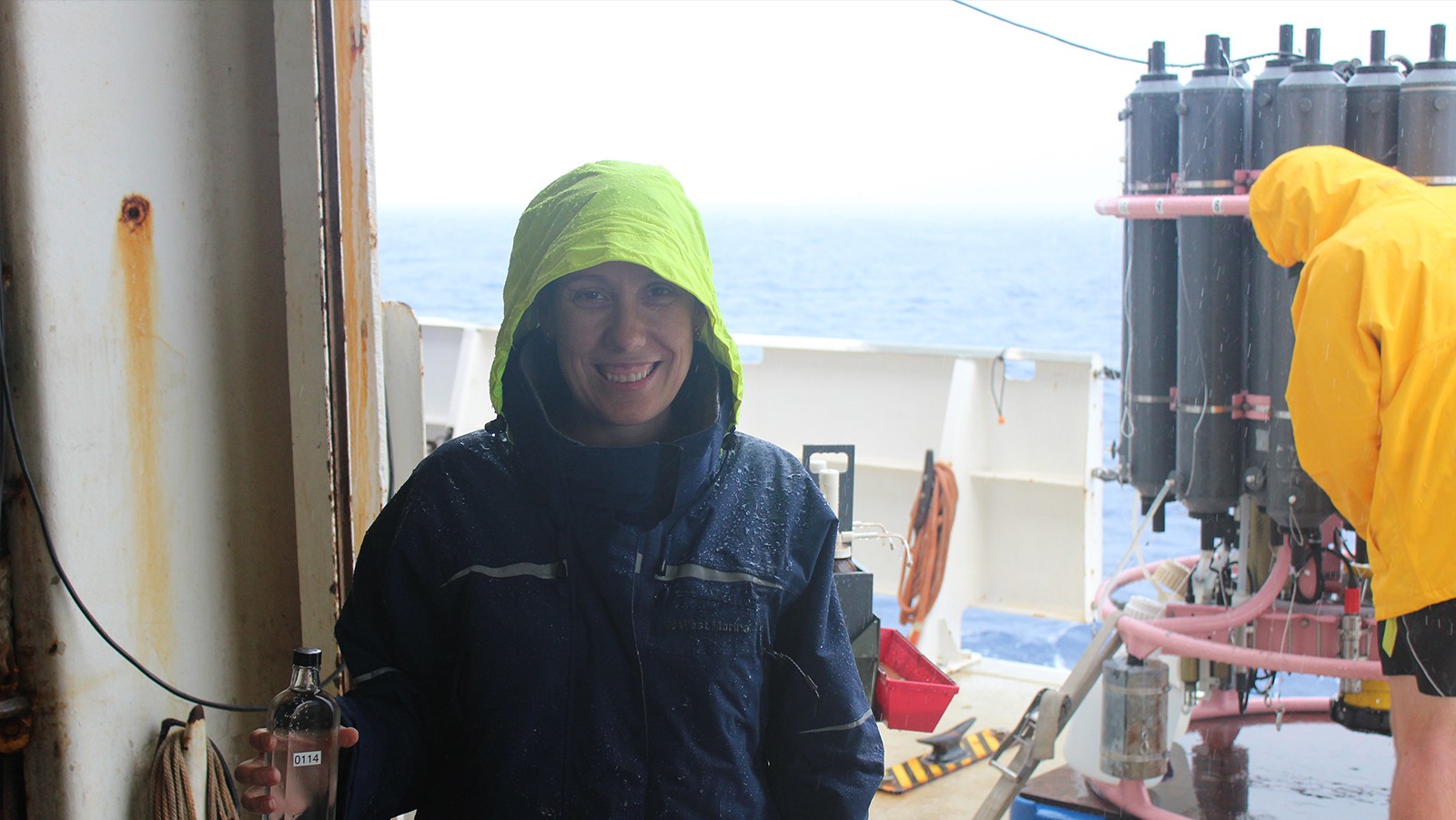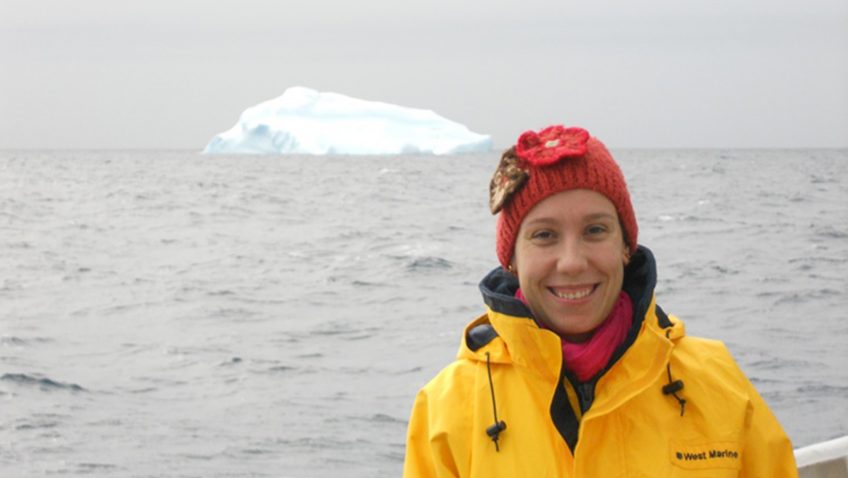Key Study Demonstrates Buffering of Some Florida Reefs Against Ocean Acidification
A groundbreaking new study spanning more than a decade and hundreds of miles of the Florida Coral Reef demonstrates the key role benthic communities play in reducing the impacts of climate change on coral reef ecosystems, specifically Ocean Acidification.
